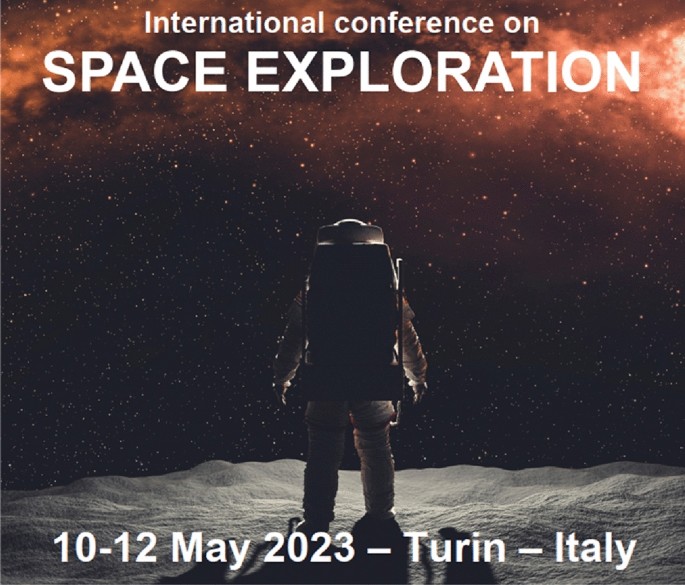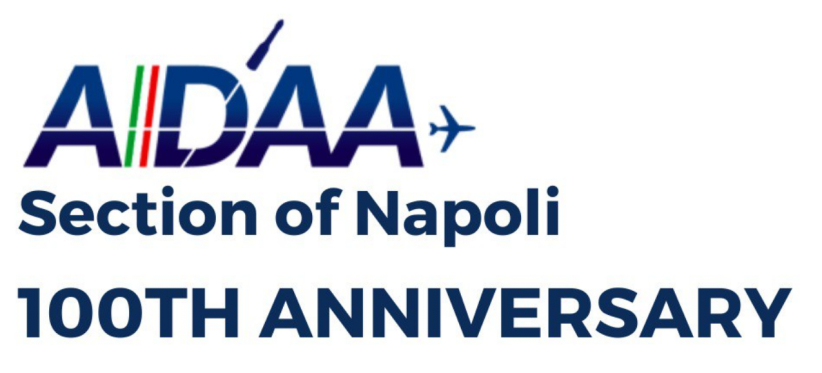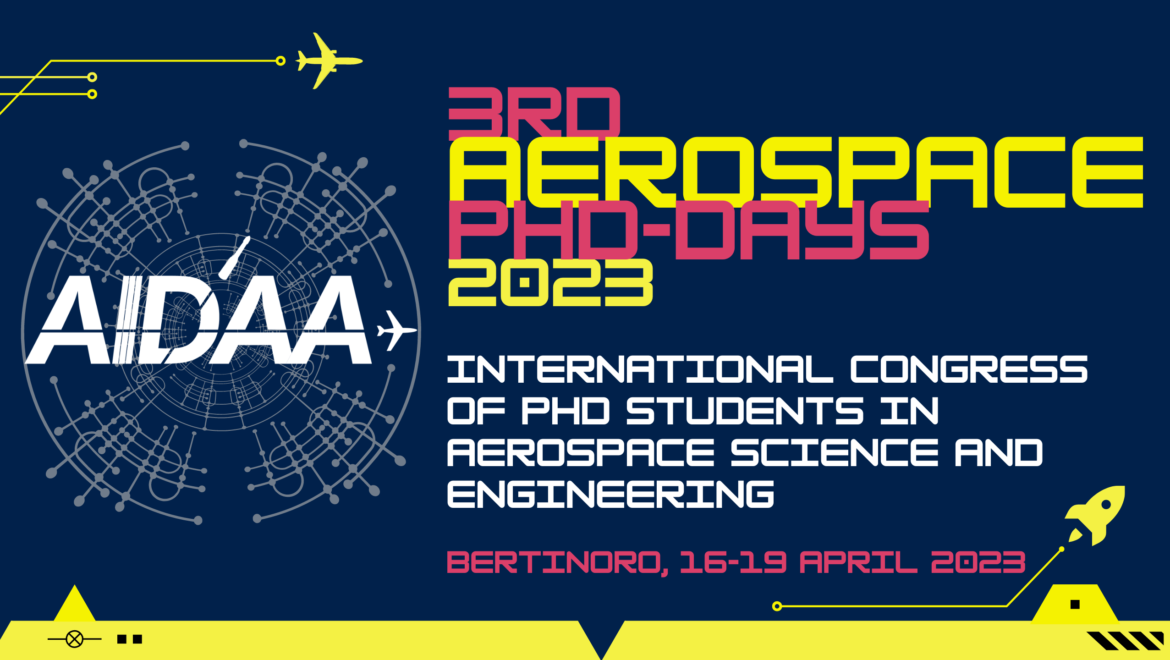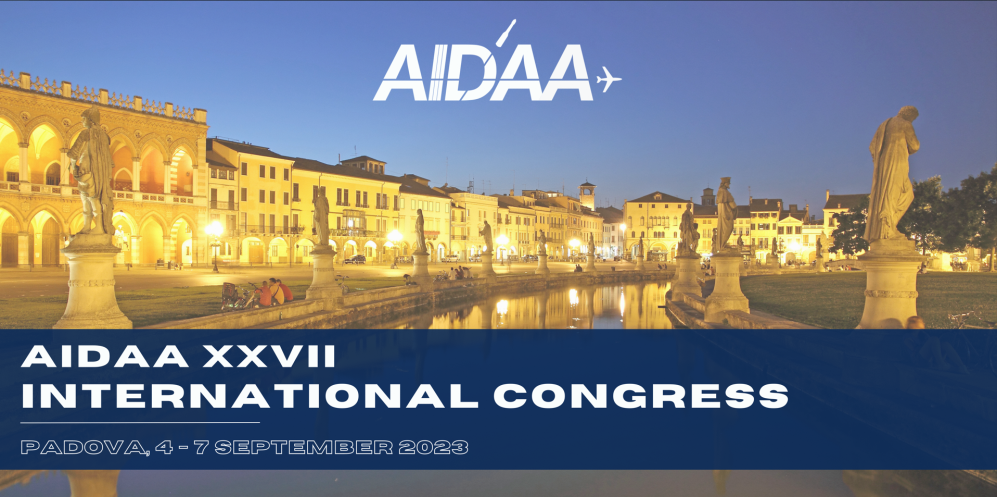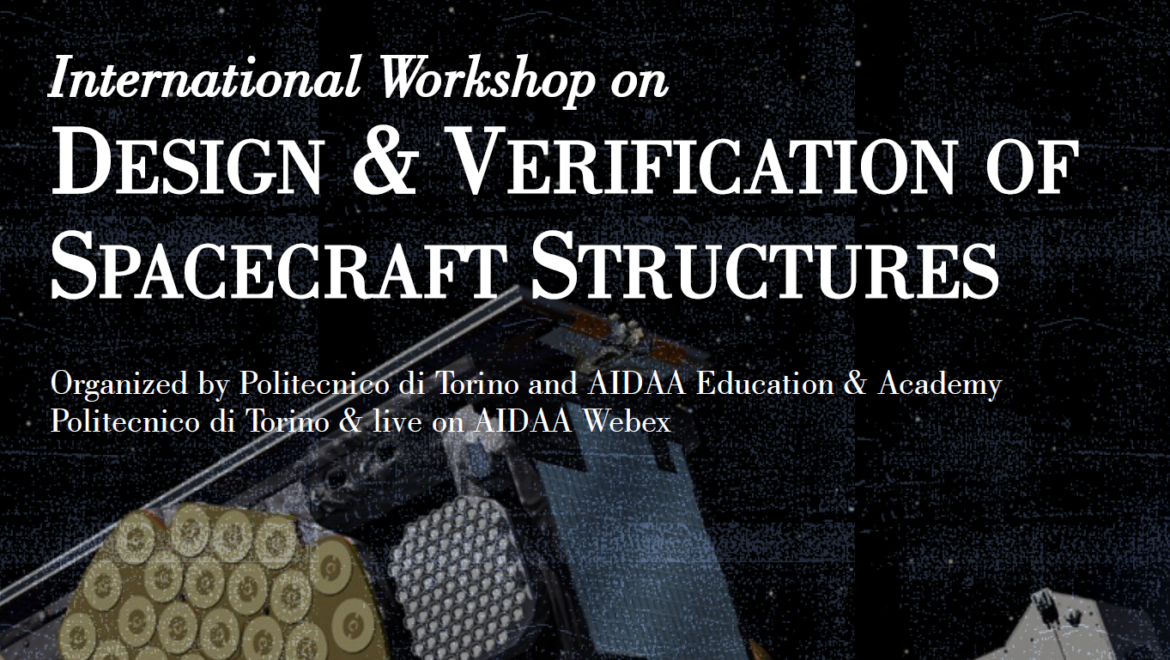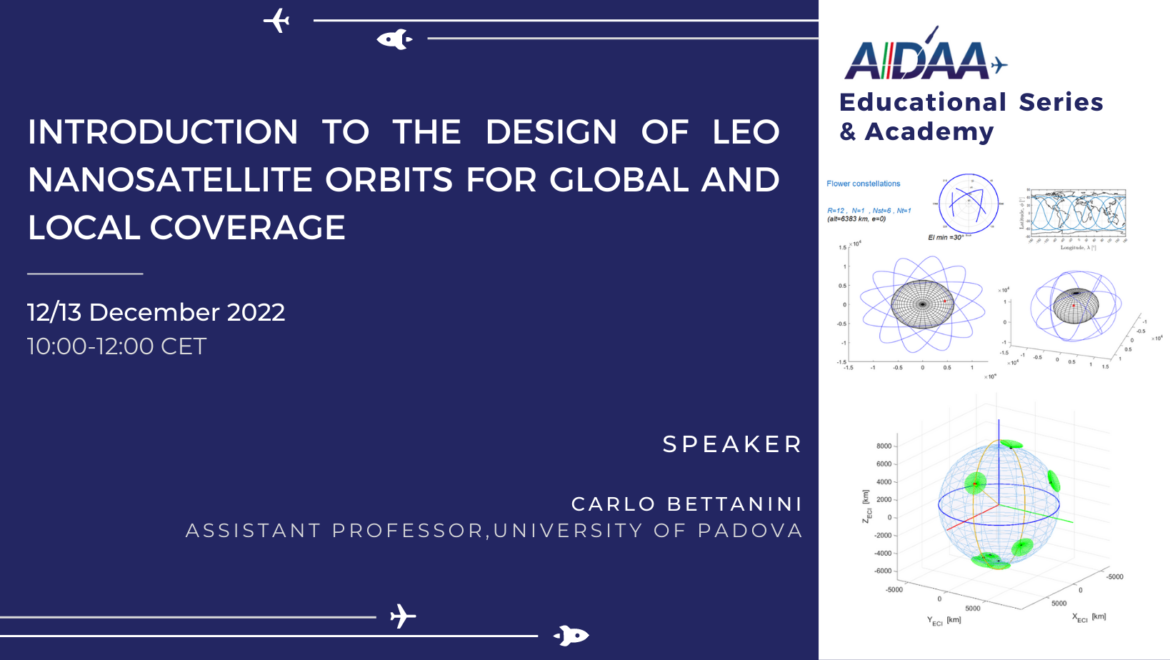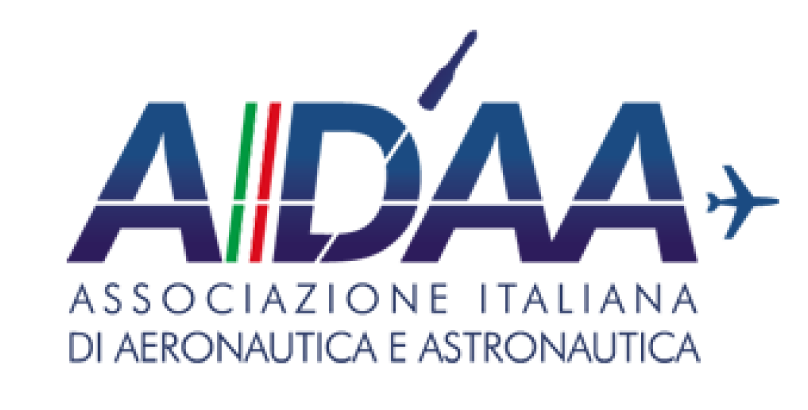AAE Conference
AAE Conference
10-12th May 2023, Turin
AIDAA is glad to announce that the International Conference on Space Exploration will be held in Politecnico di Torino from 10 to 12th May 2023. For the first time, the Air and Space Academy (AAE) decided to have its annual event outside of France, and AIDAA is proud to have been selected as the organizing partner. Furthermore, the Politecnico di Torino and the Space Generation Advisory Council (SGAC) strongly support the conference. The conference’s purpose is to focus on central themes for Space Exploration, with keynote speakers from agencies, industry, and academia. In addition, several talks delivered by leading experts will address exploration purposes and policies, an overview of the current state of play of scientific knowledge and technical progress, and space policies.

